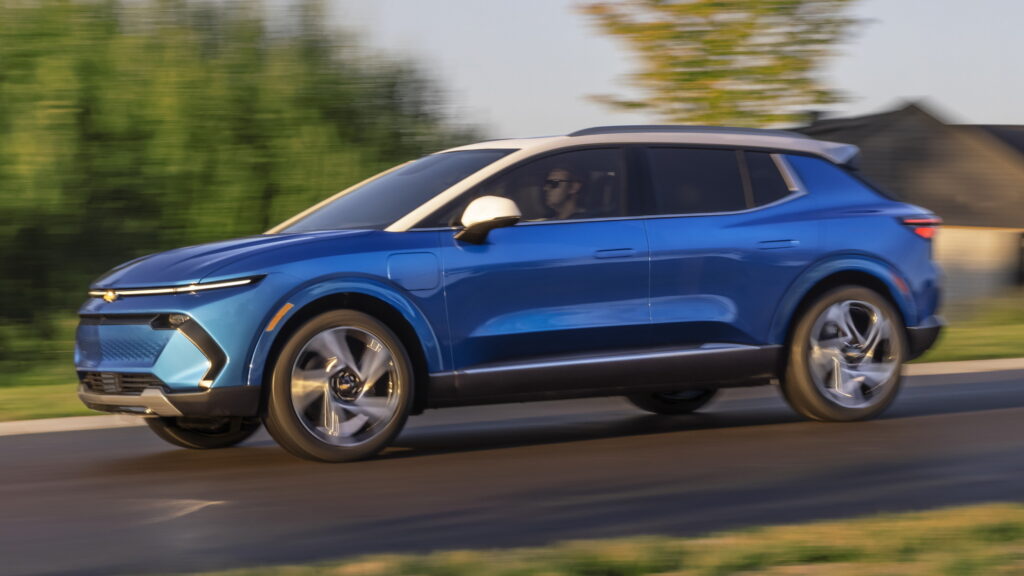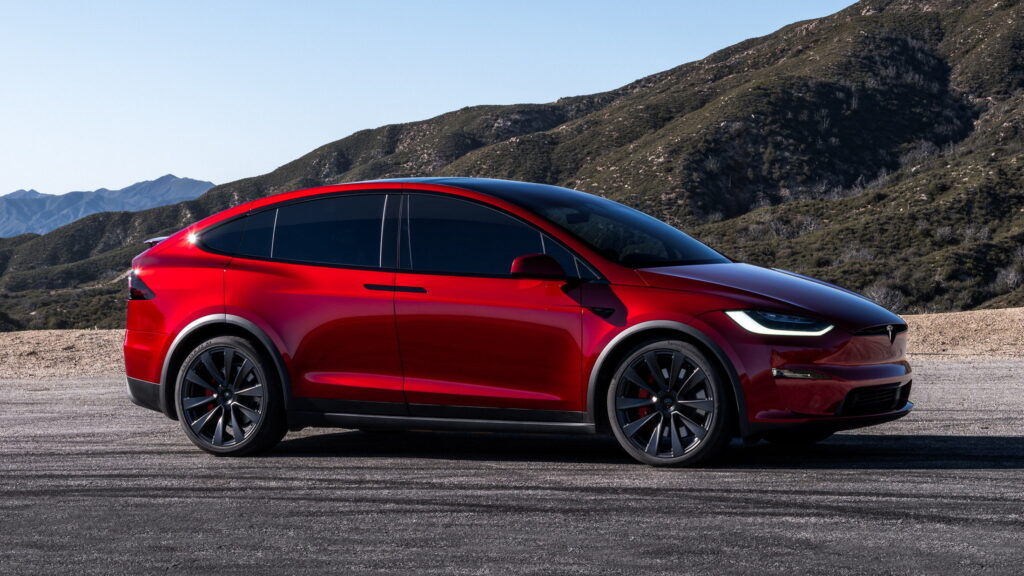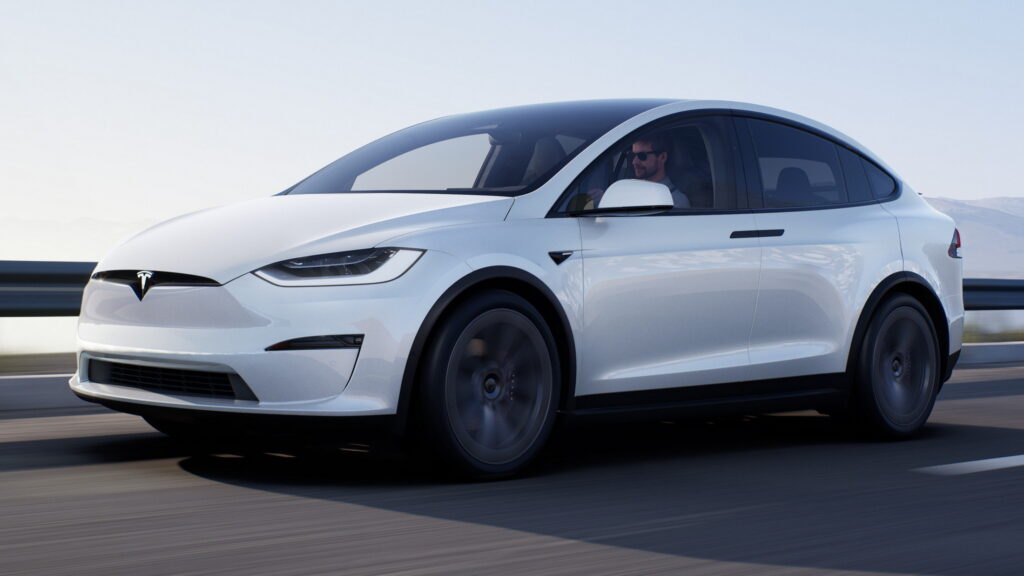The rise of electric vehicles is shaking up the automotive industry in more ways than one. The new propulsion system is also changing what brands buyers shop, as new research finds that 85 percent of customers say they’re willing to buy from an automaker that they do not and have not owned before.
These buyers aren’t just talking, either. In the first quarter of 2023, the vehicle EV buyers traded in for their new vehicle was from a different brand than the car they were buying in 63 percent of cases, according to new research from Edmunds. By comparison, just 51 percent of trade-ins were from a different brand industry-wide.
“EVs are throwing a monkey wrench into the loyalty patterns that automakers have grown accustomed to, and it will be fascinating to watch if the growing number of EV models from mainstream brands will shift consumers back fully toward their loyalty tendencies or if brand allegiances are a thing of the past,” said Jessica Caldwell, Edmunds’ executive director of insights.
Of course, a portion of that figure may be down to Tesla. Still a young enough brand that many of its customers are new to it, and the largest EV manufacturer by volume in America, the automaker is almost guaranteed to poach customers.
Read: Tesla Ends Ford’s 12-Year Brand Loyalty Award Run

As Tesla matures, and more established automakers enter the picture with EVs that can compete with it, the number of disloyal customers is trending downward, Edmunds finds. Still, the EV market remains an opportunity for conquest, if not quite a wild west.
While new car buyers rate Tesla, BMW, Toyota, Chevrolet, and Audi as the five brands they trust the most to make an EV (in order of most to least), only Tesla and Chevrolet rank among the five biggest EV manufacturers by volume. That suggests that there is ample room to win customers over.
And consumers are being won over. Electric vehicles controlled 6.7 percent of the American automotive landscape between January and May 2023, up from 5.2 percent during the same period in 2022. That despite the average EV costing $65,381, or $17,489 more than the average internal combustion vehicle.
As it stands, young buyers and shoppers looking for a luxury vehicle are the ones who are the most likely to shop for an EV. Among the youngest buyers surveyed, 25-34-year-olds, 75 percent were considering an EV, and 88 percent of 35-44-year-olds were interested in the tech, as compared to just 27 percent of 55-64-year-olds.
“The fact that younger and more luxury-oriented consumers are considering an EV for their next purchase presents a once-in-a-lifetime opportunity for automakers and dealers to tap into these highly desirable demographics,” said Caldwell.
A large proportion of shoppers interested in EVs have some pretty big expectations of them, though. The study found that 23 percent of shoppers want a vehicle that costs less than $30,000, and 49 percent want one that can go more than 300 miles (483 km).
“There’s also a significant educational gap that the industry will need to collectively bridge to better inform consumers of the realities of the current market, particularly around availability, pricing and range,” Caldwell noted. “Shoppers considering making an EV purchase in the near future might be a bit blindsided if they don’t take the time to do their research.”





